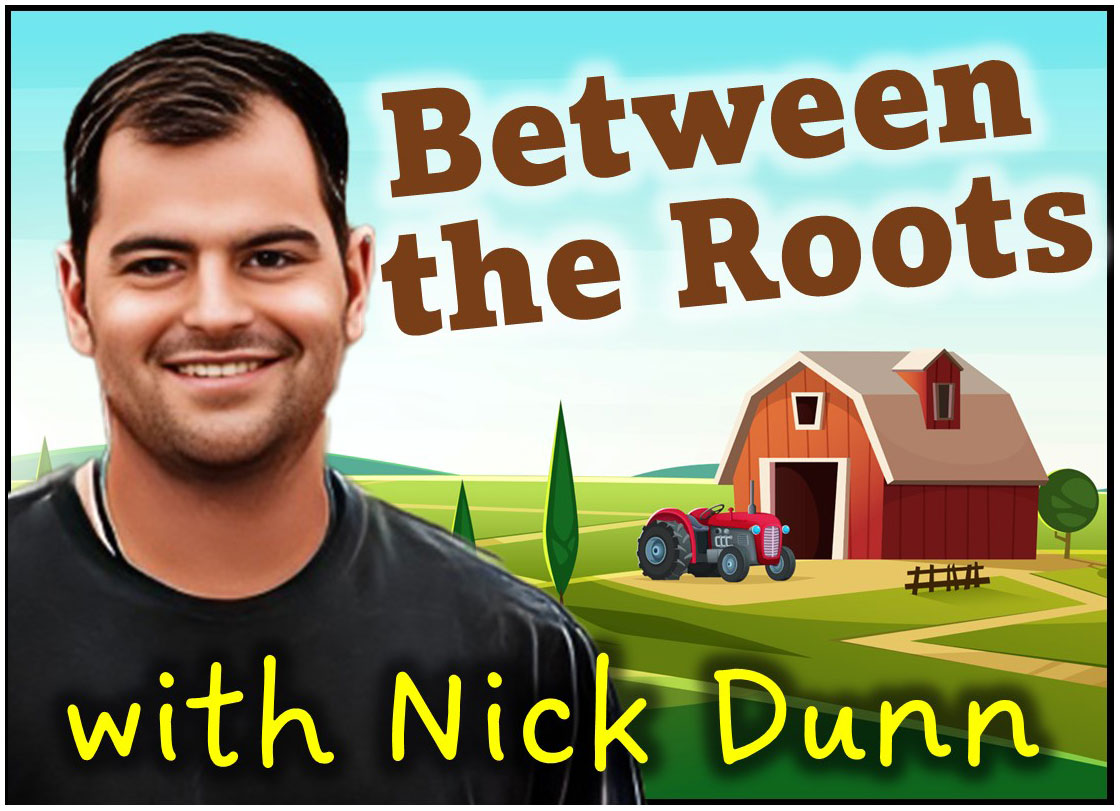
By Nick Dunn
For years, farmers faced a tough question: how to handle agricultural plastic waste. Often, the solution was to bury it, burn it with other farm waste, or stash it away in a shed. But with growing awareness around environmental stewardship, recycling initiatives have become a key priority. Thanks to Cleanfarms’ Bring ’em All Back program that was launched in 2022, farmers have a streamlined way to recycle their agricultural plastics efficiently and responsibly. We are now closing on the Bring ’em All Back pilot project with Flagstaff transitioning to retail jug collection in 2023 and all municipalities to be completed by December 31, 2024.
Cleanfarms, a national non-profit organization, is dedicated to helping Canadian farmers manage their plastic waste sustainably. Their work is tailored to each province, meeting unique recycling needs and addressing logistical challenges across Canada. Partnering with local governments, agricultural groups, and producers, Cleanfarms offers collection and recycling solutions at little to no cost, and for some producers they have turned it into profit.
By participating in this program, you’re actively reducing environmental impact, conserving natural resources, and supporting the production of recycled plastic goods. Shifting away from traditional disposal methods like burning and burying waste cuts down greenhouse gas emissions and keeps our landscapes free of litter. Producers are a major component to the recycling process and when waste materials are handled appropriately, there is circulation that benefits all.
Products can be refilled or re-manufactured like in Nobleford, Alberta. The southern Alberta town is home to Full Circle Plastics, that recycles agricultural plastics by converting them into building materials such as synthetic deck boards, planters, or parking curbs. PolyAg Recycling LTD, a leading Canadian mechanical recycler of agricultural film is in Bashaw, Alberta. Most grain bags in central Alberta are recycled here even if producers bring them to their local landfill.
Cleanfarms accepts a range of agricultural plastics, but it’s essential that the materials be as clean as possible to prevent contamination during the recycling process. To keep it simple, here’s how and where you can recycle agricultural plastics in Flagstaff:
Grain Bags: Completely empty, remove debris, mechanically roll or bale, and return to Flagstaff Waste.
Twine: Remove debris, bag, and return to local 4-H club or Flagstaff Waste.
Silage Wrap and Bale Wrap: Remove debris, compact material, and return to Flagstaff Waste.
Containers up to 23L: Triple rinse, remove cap and label, bag in new Cleanfarms bags provided by retailers, return to ag retailer.
Totes and Drums: Thoroughly rinse, rinse, return to ag retailer.
Seed, Pesticide & Inoculant Bags: Completely empty, remove debris, bag in new Cleanfarms bags provided by retailers, return to ag retailer.
Join Flagstaff in this sustainable step forward by bringing your used plastics to participating collection sites. Your involvement helps reduce your carbon footprint, keeps our farmlands clean, and supports a growing recycling industry that’s making tangible products from recycled agricultural plastics. With local support, this initiative will continue to enhance sustainable waste management in our community.
Nick Dunn is Flagstaff County’s Agricultural Fieldman. He can be reached via email at: ndunn@flagstaff.ab.ca or by phone at: 780-384-4138.